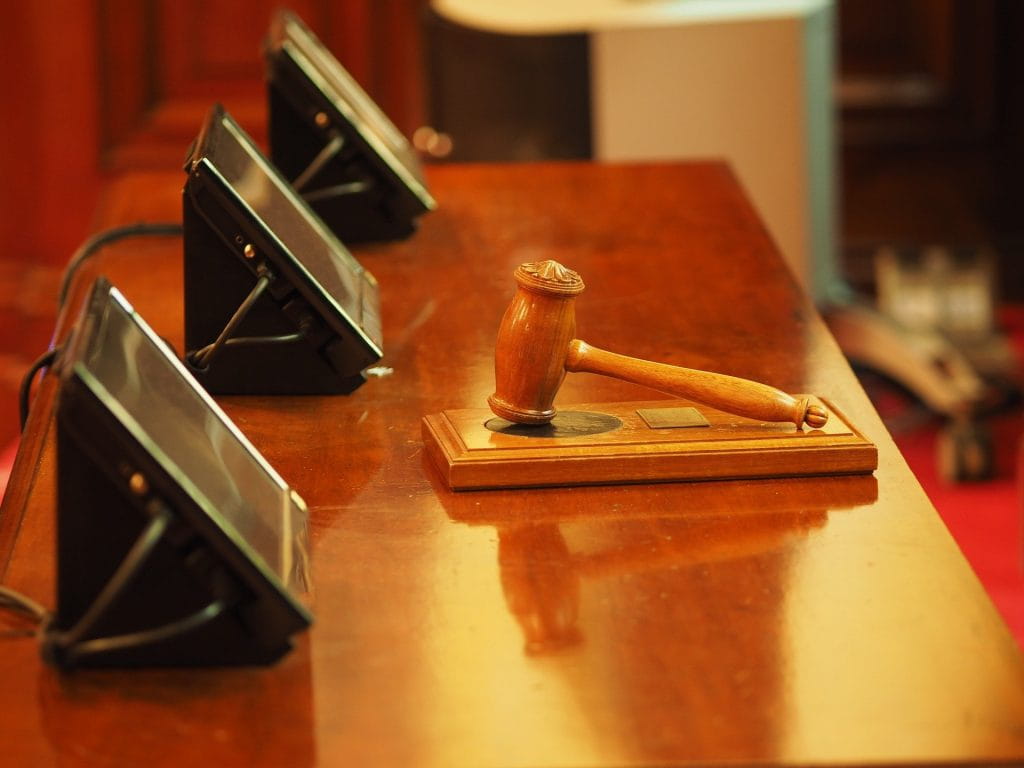Online poker: profits taxable
- Copy URLURL kopiert!
- Share on Facebook
- Share on Twitter
In a judgment, the Münster Finance Court ruled that online poker profits can be taxable. This was preceded by a complaint by a player who is devoted to the rejection of his opposition to the corresponding payment request from the tax office. This had classified his profits from the online poker as a taxable income.
Precede for online poker
With the Judgment the Münster Finance Court could create a precedent, on which future negotiations could also be based onin which any form of poker game is involved. The actual “fact” has been for several years. The plaintiff stated that he had played Texas Hol’d on various US poker platforms since 2007. Initially, he only played for the pastime and as a hobby. Money was never his drive. In his opinion, this would also prove the low amounts that hardly overlooked a few cents. By the end of 2008, he only generated a total profit of around $ 1,000.
No commercial activities. In the first few years, the then mathematics and physics student spent around five to ten hours a month on various poker platforms. This time effort can hardly be described as a commercial activity, so that profits cannot be taxed.
Turning points in 2009
The plaintiff felt a decisive turning point in 2009. At that time, both the intensity of the poker game as well as the amount of the operations and profits were skyrocketed to unexpected heights. The then 20-year-old had after acceptance of the court spent more than 446 hours a year with online poker. As a result, in the eyes of the judges, a pastime has become a commercial activity.
For 2009 the plaintiff had the person responsible Tax office specified a total profit of 105,000. He wanted to put a stop to a possible taxation by arguing that he only played poker on the Internet. He never took part in public tournaments or other official events. For this reason, in his opinion, it was only a sur of occasional gambling.
Tax system. American legislation allows some room for interpretation in gambling income, but the principle usually applies that any profits from gambling activities do not have to be taxed. However, this changes suddenly as soon as the rain of money is directly related to personal work (commercial activity). In this case, the tax office can assign the income of one of the seven types of income.
In order to give his argument more load capacity, the plaintiff cited a judgment from 2014. In this the American poker player Eddy sharply filed a lawsuit against the Cologne-Mitte tax office, since the authority had assumed a commercial activity due to the alleged profits from its poker activities. On the other hand, it was keen to fight back and argued that Poker was pure gambling. The dispute even went to the Federal Fiscal Court, which, however, finally smashed the lawsuit during the revision. Even if the negotiation was not positive for Eddy, the plaintiff does not see any parallels to his case because he plays pure online poker.
Poker not gambling?
The genre allocation of poker plays in the legal saying of the Finanzgericht Münster an important role. Apart from the commercial activity, the judges support their judgment on the nature of Texas Hol’dem. So the court contradicted the plaintiff that poker was pure gambling and classified the card game as a skill game.
Judgment of the Federal Administrative Court. The Federal Administrative Court also had to deal with a few cases in which Texas Hol’sd had to be interpreted by law. In 2012, a restaurant operator was accused of organizing illegal poker tournaments. The defendant defended himself with the argument that Poker and especially Texas Hol’D are a game of skill. However, the Federal Administrative Court was a different view. According to the judges, the decision on profit or loss depends entirely or at least predominantly on chance. This legal praise is in blatant contrast to the judgment of the Münster Finance Court.
Since the outcome of a poker game can be decisively influenced by various factors and not fully subject to chance, it could not be a gambling. Through mathematics, psychology and strategy, players are able to significantly increase their own chance of winning. Thanks to their skills in these areas, professional poker players would be among the best players and celebrate regular success in tournaments and events.
After several days of the trial, the financial court came to the conclusion that the connection from commercial activity and skill play The plaintiff obliged to tax his income.
